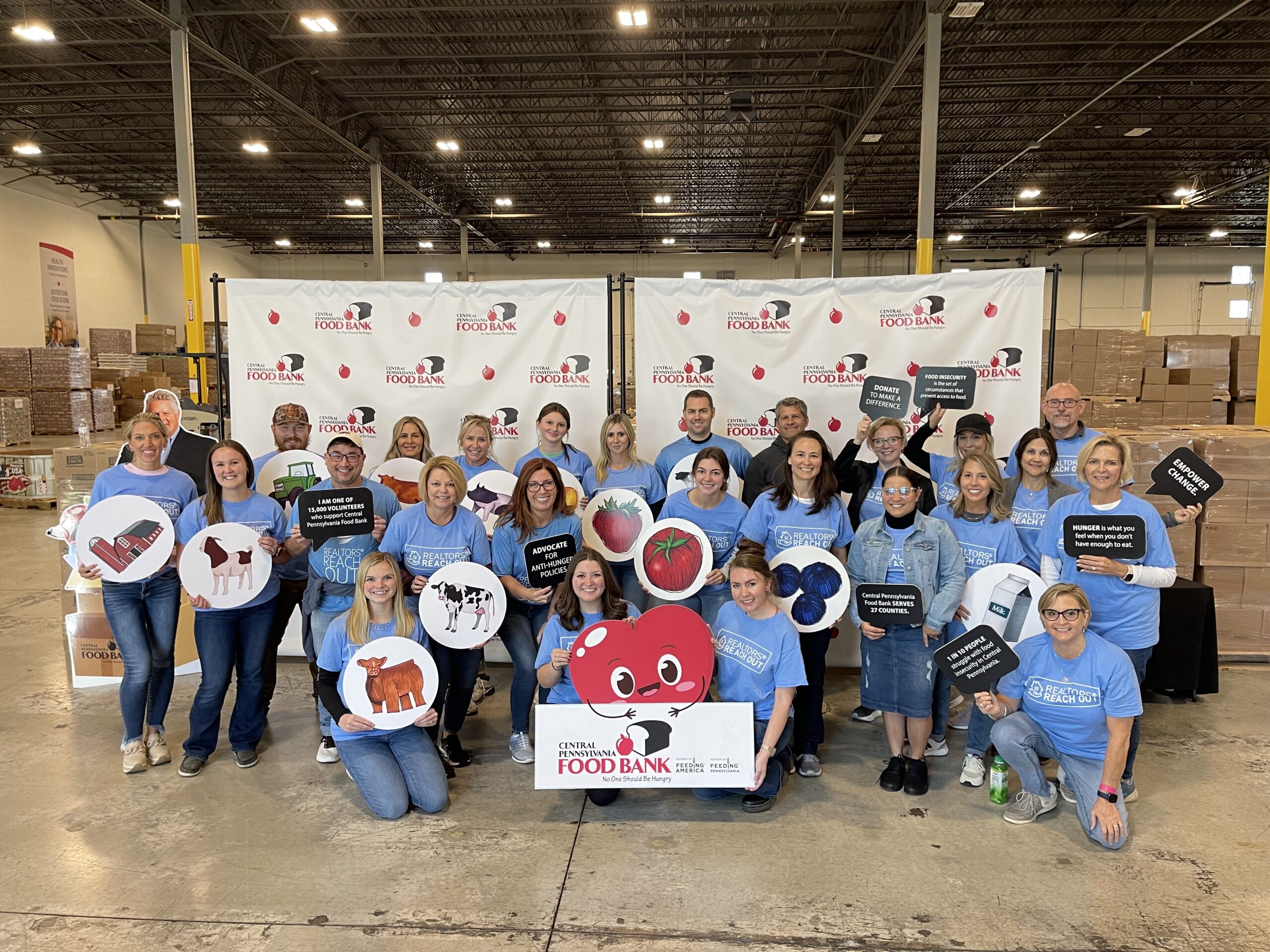Taxing rental payments: The (business) privilege of managing rentals
Talking about taxes is rarely a pleasant conversation, especially when the discussion focuses on taxing income.
The Local Tax Enabling Act (LTEA) is part of Pennsylvania’s statutory structure that permits local government to levy taxes on individuals, transactions, occupations, privileges and personal property within the municipality’s jurisdictional limits. The LTEA authorizes certain municipalities to enact business privilege taxes, sometimes referred to as mercantile taxes, and to enact requirements that individuals conducting business within the municipality purchase licenses or certificates permitting them to conduct their business within the municipality’s limits.
Many townships and cities have had ordinances authorizing business privilege or mercantile taxes, and business license or registration requirements for years, though in many areas, the obligations to pay the taxes and to purchase the licenses have not been regularly enforced.
In many parts of Pennsylvania, Realtors® are facing enforcement actions brought by local municipalities to collect overdue business privilege taxes and require Realtors® to purchase business licenses and certificates. In many cases, Realtors® are learning about these obligations for the first time; many times, these lessons come hard as overdue taxes are frequently accompanied with demands for interest and unpaid penalties.
The LTEA grants broad taxing powers to local municipalities; however, this authority is not without its limitations. One such limitation is an exception within the LTEA that prohibits local governments from taxing leases or lease transactions. Lower Merion Township has an ordinance that imposes both a business registration certification requirement and a business privilege tax on individuals and for-profit businesses operating within the township’s borders. Township officials adopted the position that leasing real property was a business and, therefore, subject to the business privilege tax requirements. Not surprisingly, local landlords argued that the LTEA precluded the township from imposing any tax on businesses whose sole income was derived from rental income on leased property. The tension between these divergent opinions reached its apex on December 21, 2015, when the Pennsylvania Supreme Court decided Fish v. Lower Merion.
The Supreme Court focused on the question of whether the LTEA’s prohibition against any tax on leases precluded the imposition of a business privilege tax on businesses that earned income exclusively from rental payments. The court noted that the LTEA contains an exception to a local municipality’s taxing authority. Because the statute includes an exception, its application is to be broadly construed to favor the taxpayer. Thus, the court noted that if the business privilege tax was levied against only leasing or rental companies, then it would be barred by the exception.
The Lower Merion Township business privilege tax is applied universally. The township argued, and the court agreed, that business privilege tax was a tax on the privilege of conducting a business which earns money from leasing property; the tax was not levied against the leases or the properties themselves. The court drew two comparisons to anchor its rationale. First, the court noted that the LTEA contains a similar exclusion prohibiting municipalities and cities from levying taxes on the construction of, or improvement to, residential dwellings. Yet despite this prohibition, the Supreme Court previously held that contractors who engaged in building and remodeling residential properties could be assessed a business privilege tax.
The second is the exclusion from imposing taxes on manufactured goods. The LTEA specifically prohibits taxing any privilege, act or transaction. The court concluded that the legislature specifically intended to preclude local government from levying a business privilege tax against manufacturing businesses, a limitation that is not included in the exception relative to leases and rental payments.
Ultimately, the Supreme Court concluded that Lower Merion Township is permitted to impose a business privilege tax on individuals and businesses that derive their profits exclusively from rental payments. Moreover, Lower Merion Township is also permitted to require individuals and businesses to purchase a business registration certificate and to file annual tax returns.
Importantly, this decision is not limited to these facts or to Lower Merion Township. This case interpreted the LTEA, certain exclusions and the application of the business privilege tax. As more and more local governments look to increase streams of revenue, we anticipate more and more local governments turning to business privilege taxes and local business licensing requirements. Do your local governments have ordinances levying business privilege or mercantile taxes? If you answer no, are you sure?
Casey A. Sipe, an attorney with Caldwell and Kearns, contributed to this article.
Topics
Share this post
Member Discussion
Recent Articles
-
House Renters Prioritize Pets, Privacy, Practicality
- November 18, 2024
- 2 min. read
Pet accommodations are rising on the list of renter priorities. For 23.2%, the pet policy is the most likely to influence their decision to rent a house.
-
Pa. Realtors® Give Back: $75k Raised, Thousands Helped
- November 15, 2024
- 5 min. read
This year, 17 local associations gave back to their communities by raising over $75,000 total and helping prepare/pack over 4,000 meals and boxes of food.
-
Earn Your Divorce Specialist Certification at Triple Play
- November 14, 2024
- 2 min. read
“Don’t wait until the middle of a transaction to realize there are things you need to know to serve your customers better,” says Realtor® and Triple Play speaker Addie Owens.
Daily Emails
You’ll be the first to know about real estate trends and various legal happenings. Stay up-to-date by subscribing to JustListed.



